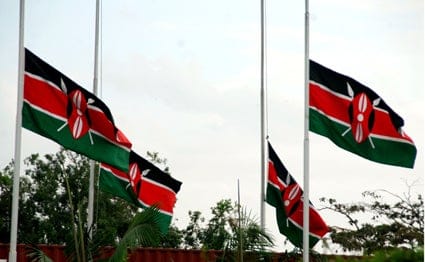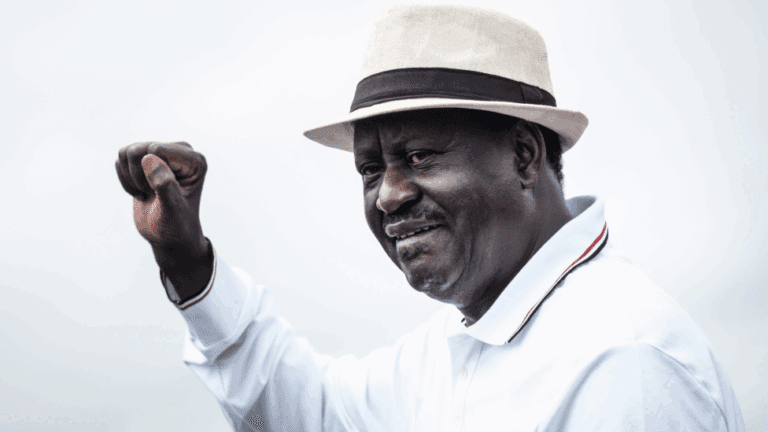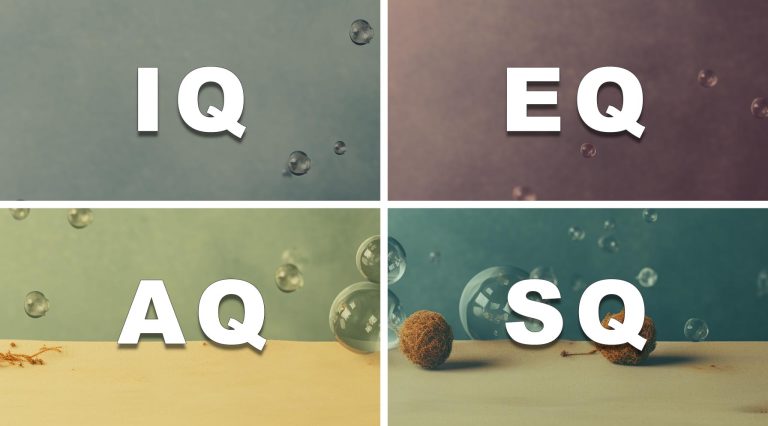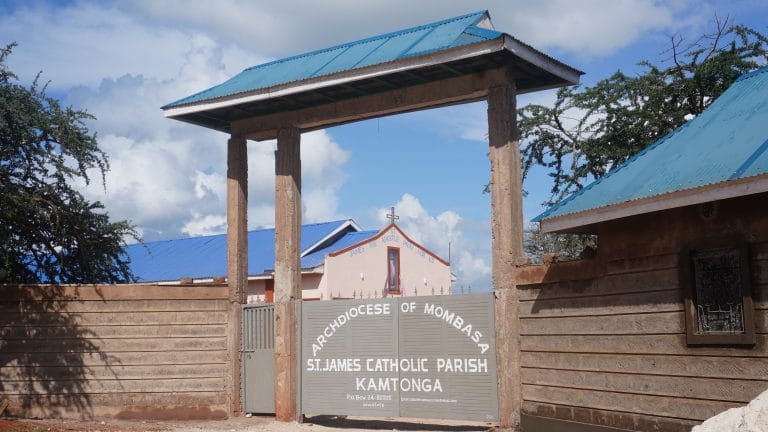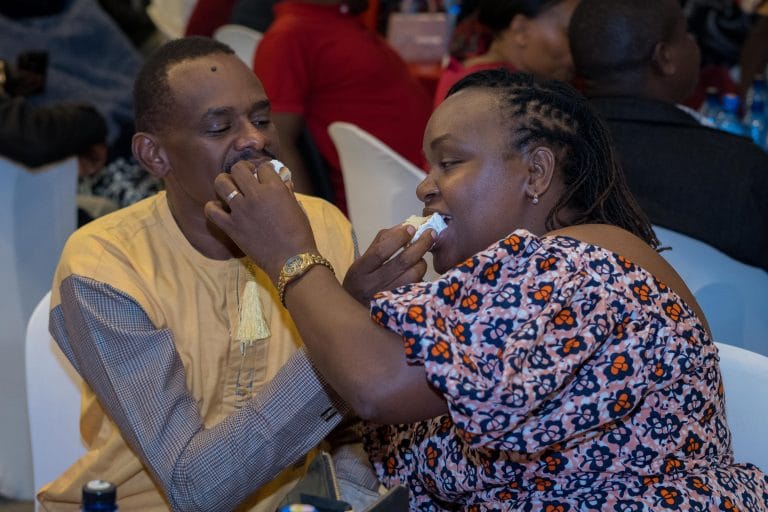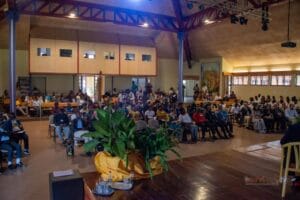
As the United Nations marks its 80th anniversary, global leaders, youth advocates, diplomats, and peacebuilders gathered at Mariapolis Piero Kalimoni in Nairobi to reflect on the organization’s legacy and to envision the future of international cooperation. The conversations brought forward a striking truth: peace today can no longer be defined simply as the absence of war,it must be understood as a living practice rooted in justice, participation, reconciliation, and shared responsibility.
A Call for a Bottom-Up Approach to Global Architecture
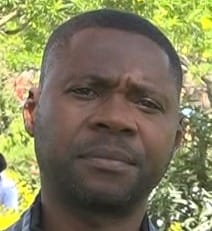
Speakers stressed the need for an international architecture built from the bottom up.An approach that empowers local communities, especially young people, to shape policies and solutions. The UN was described not as a monument to perfection, but as a living institution designed to uphold humanity. Its universal values and its mission of dialogue and solidarity among nations remain as relevant as ever.
Successes and failures alike were acknowledged as part of a global learning process. The dream of humanity, several speakers noted, lies in working together. “Institutions are not like human beings—they create human beings,” one participant remarked, emphasizing the power of institutions to shape values, norms, and futures.
The Evolving Meaning of Peace
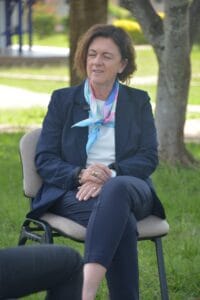
The gathering explored the cultural foundations of peace, emphasizing that peace must be rooted in forgiveness, reconciliation, and solidarity. Humanity, speakers said, is interdependent and mutually responsible. Building peace cannot be delegated to governments alone,it requires participatory dynamics where responsibility is shared across communities, generations, and nations.
Key Challenges Identified
- Widening economic crises
- Social and political exclusion
- Injustice and inequality
- Declining trust in institutions
Yet, amid these challenges, there is a strong and unmistakable thirst for participation from young people across the world.
Insights from Global Voices
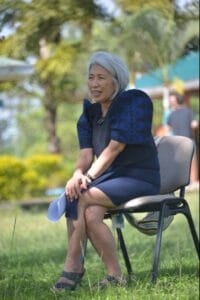
From the Philippines: Peace Requires Trust, Patience, and Love
Professor Annette,a trade and development economist from the Philippines reflected on the common misconception that money alone can buy peace. In reality, peace cannot be forced or imposed,it must be built on trust. The work for peace, she noted, requires patience and genuine human connection. She emphasized powerful tools for peacebuilding:
- Listening without judgment
- Practicing forgiveness
- Embracing reciprocity not as a transaction but as an act of giving without expectation
“Forgiveness,” she said, “makes peace achievable.”
From Nigeria: Courage to Act

Emmanuel,a legal practitioner from Nigeria delivered a strong message about moral courage.
Peace and unity, he reminded participants, are not given as gifts,they must be built through action.
Key takeaways from his perspective included:
- Inaction fuels injustice
- Speaking up is a moral obligation
- Peace and unity are catalysts for development
His message resonated deeply with youth advocates who believe in transforming political spaces through active engagement.
The Role of Youth: Speaking Into a Broken System
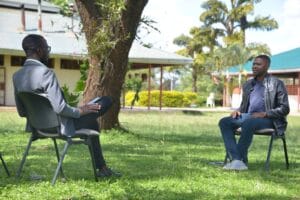
Across the discussions, one reality remained clear: young people today have inherited systems that are fractured and unequal. But rather than retreat, they were urged to speak boldly and engage actively in political and civic spaces.
“We cannot change politics,” a speaker said, “only if we convince ourselves we cannot change.”
It was a powerful reminder that transformation begins with belief and action.
Solidarity and Dialogue: The Heart of Global Cooperation
One of the central questions explored during interviews and panel discussions was how countries can strengthen dialogue when trust is low. The answer echoed throughout the event:
solidarity based on genuine listening, truthful engagement, and shared responsibility is the foundation of dignity and development.
Conclusion: A Future Built Together
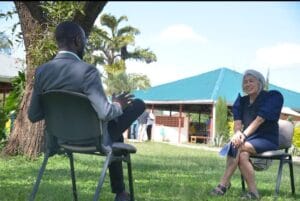
The UN @ 80 reflections in Nairobi underscored a collective understanding:
the future of peace and development will not be determined by institutions alone, but by communities willing to collaborate, forgive, and act with courage.
From the cultural foundations of peace to the moral leadership demanded of young people, the event highlighted both the challenges and the immense possibilities that lie ahead. The work of building peace is slow, difficult, and often uncomfortable but it remains humanity’s most important task.
As global crises multiply and divisions deepen, the call from Nairobi was clear:
we must reimagine peace, rebuild trust, and commit ourselves to a shared humanity.

